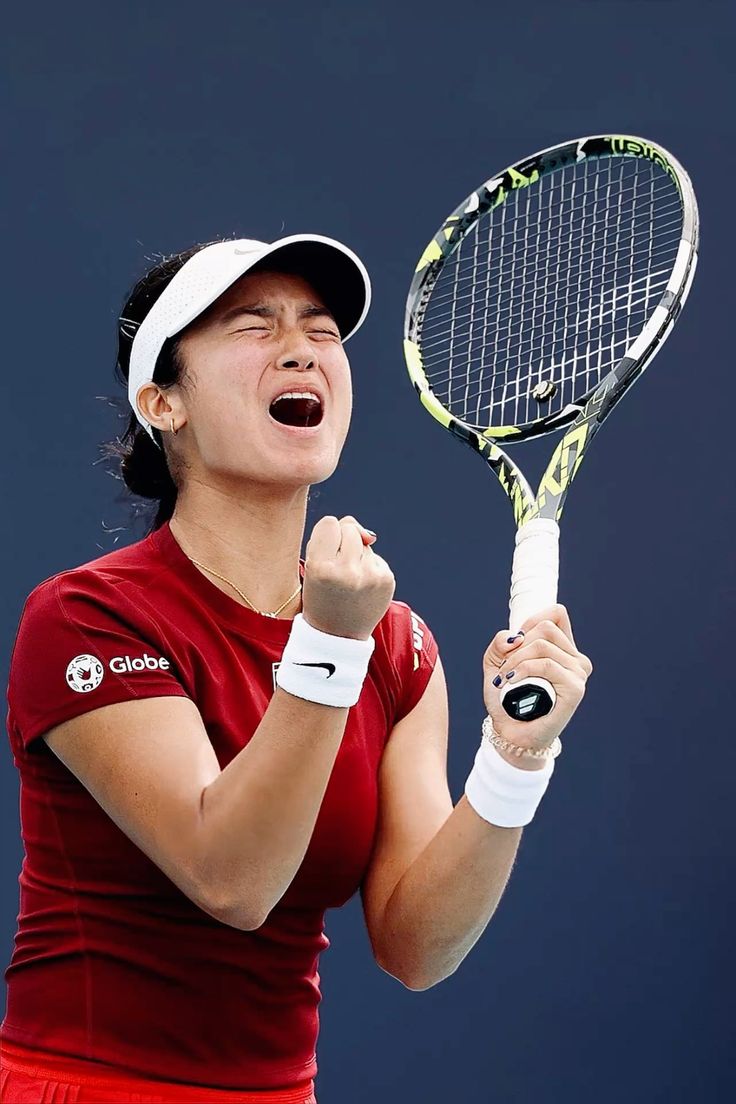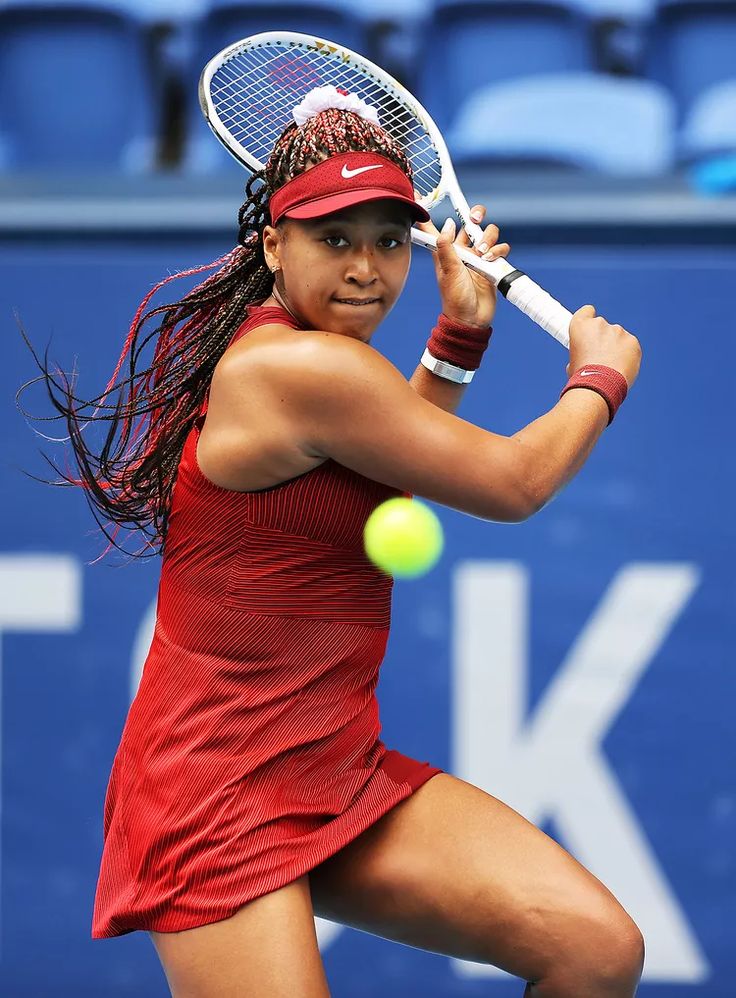Alexandra Eala: The Trailblazing Filipina Redefining Tennis History
Early Beginnings and Foundation
Eala’s tennis career began at the tender age of four when her grandfather, whom she fondly calls “Lolo,” introduced her to the sport. Coming from a sports-loving family—her mother, Riza ManiegoEala, was a national swimmer, and her uncle is a prominent figure in Philippine sports—Eala was naturally inclined to the athletic sport. Her early introduction to tennis and family support laid the foundation for her future success. By the age of eight, she was participating in international junior tournaments and showcasing her amazing talent that caught the attention of the global tennis community.
At the age of 12, Eala received a scholarship to the prestigious Rafael Nadal Academy in Mallorca, Spain, a pivotal moment that accelerated her development into a world-class player. Training under Rafael Nadal’s team, which included his uncle Toni Nadal, Eala honed his technical skills, mental toughness and tactical acumen, and adopted a left-handed playing style reminiscent of his mentor.
Historic Achievements in Junior and Professional Tennis
Eala’s career is a string of unprecedented achievements that have put Philippine tennis on the global map. In 2020, she won the Australian Open Girls’ Doubles title, followed by the French Open Girls’ Doubles title in 2021, becoming the first Filipino to capture a junior Grand Slam title since 2009. Her biggest achievement came in 2022 when she won the US Open Girls’ Singles title, making her the first Filipino to win a junior Grand Slam singles championship. The win was a historic moment, symbolizing the potential for Filipino athletes to excel in a sport where Philippine representation had been scant before.
As a wildcard entrant ranked world 140, she stunned the tennis world by defeating three Grand Slam champions—Jelena Ostapenko, Madison Keys, and Iga Swiatek—in straight sets, becoming the first Filipino player to achieve such a feat in the same WTA tournament. Her win over five-time Grand Slam champion and former world No. 1 Swiatek was particularly significant, as it was the first time a Filipino player defeated a top-10 opponent since the WTA rankings began in 1975. Eala advanced to the semifinals, where she faced Jessica Pegula in a tight match that further solidified her status as a rising star. These wins propelled her into the top 100 of the WTA rankings
Impact on Philippine Tennis and Cultural Significance
Ela’s success goes beyond personal accolades; she has sparked a tennis renaissance in the Philippines. In a country dominated by sports like basketball and boxing, her achievements have challenged stereotypes and inspired a new generation of Filipino athletes to pursue tennis. Her victory has highlighted the Filipino’s ability to compete at the highest level of global sports, and broken the tradition of limited representation in international arenas, aside from boxing legend Manny Pacquiao.
Ela’s story resonates deeply with Filipino youth, especially Gen Z, who see her as a role model who embodies resilience, discipline, and ambition. Her cultural influence is further enhanced by her outspoken pride in her Filipino heritage. Ela often dedicates her victories to the Philippines, emphasizing her roots in interviews and on social media. Her appearances on the covers of Vogue and Tatler Philippines underscore her growing influence as a cultural icon, blending athletic prowess with national pride.
Through her representation of the Philippines in international competitions such as the Southeast Asian Games and the Asian Games, where she won bronze medals, Ella has become a symbol of national excellence, inspiring young Filipino to pursue their dreams in sports or other fields.
Training and Mentorship at Rafael Nadal Academy
Time spent at the Rafael Nadal Academy played a key role in shaping Eala into a strong competitor. The academy’s rigorous program, which emphasizes technical skills, physical conditioning, mental preparation and character development, provided Eala with a holistic foundation. Training alongside top players and under the guidance of coaches such as Toni Nadal, he developed an aggressive but composed playing style characterized by powerful groundstrokes and strategic two-handed backhands.
The academy’s focus on values such as humility and perseverance, instilled by Nadal himself, is evident in Eala’s behavior on and off the court. His ability to remain unaffected by high-level opponents, evident in his performance at the Miami Open, reflects the mental toughness he developed during his six years in Spain.
Share this content:




Post Comment